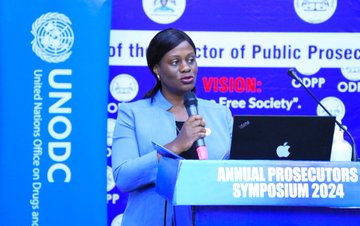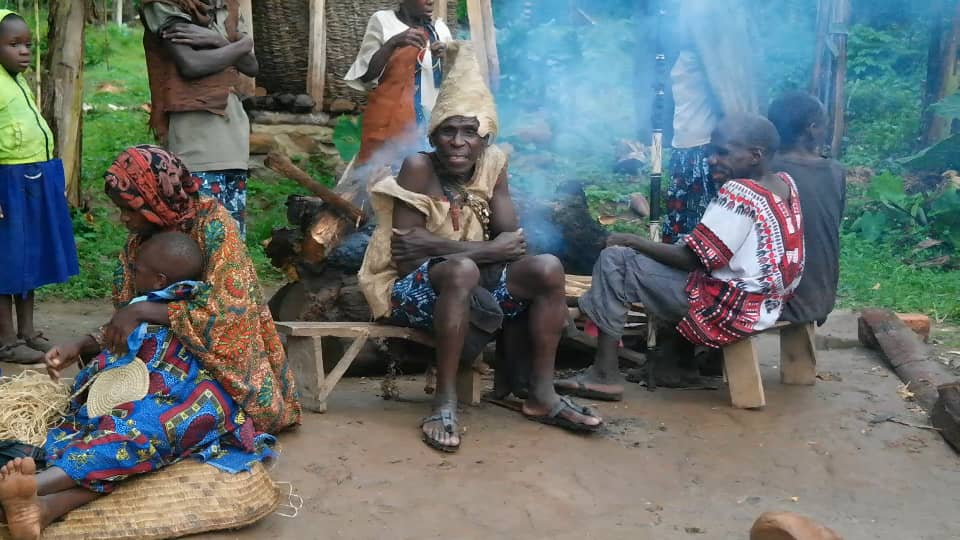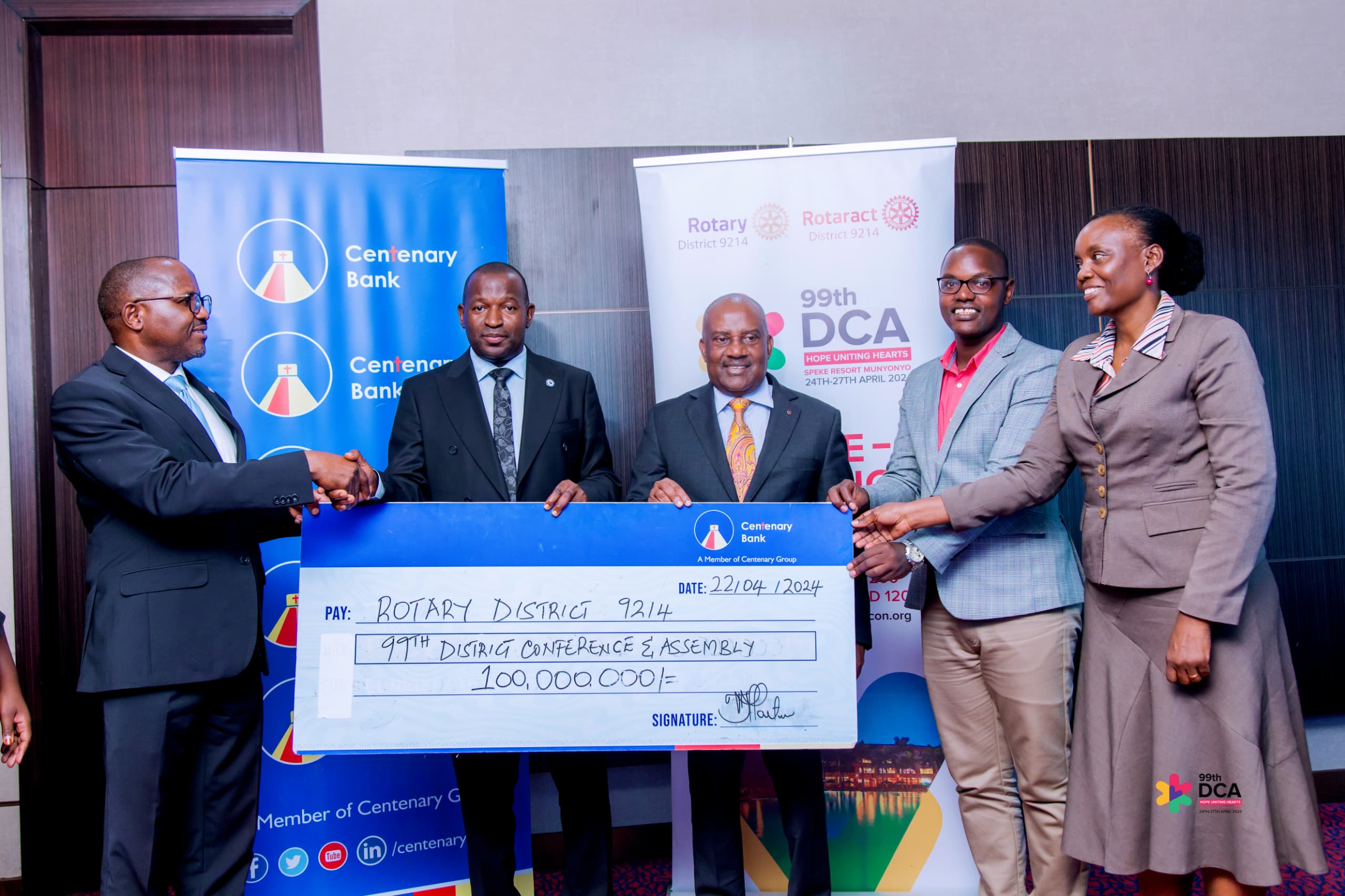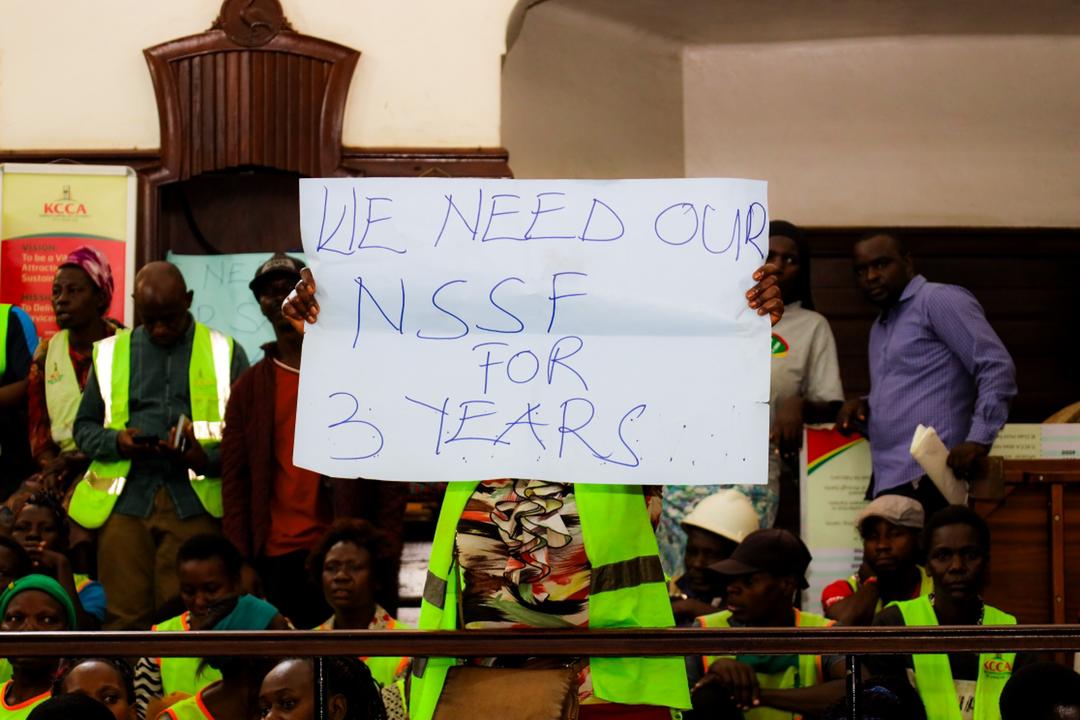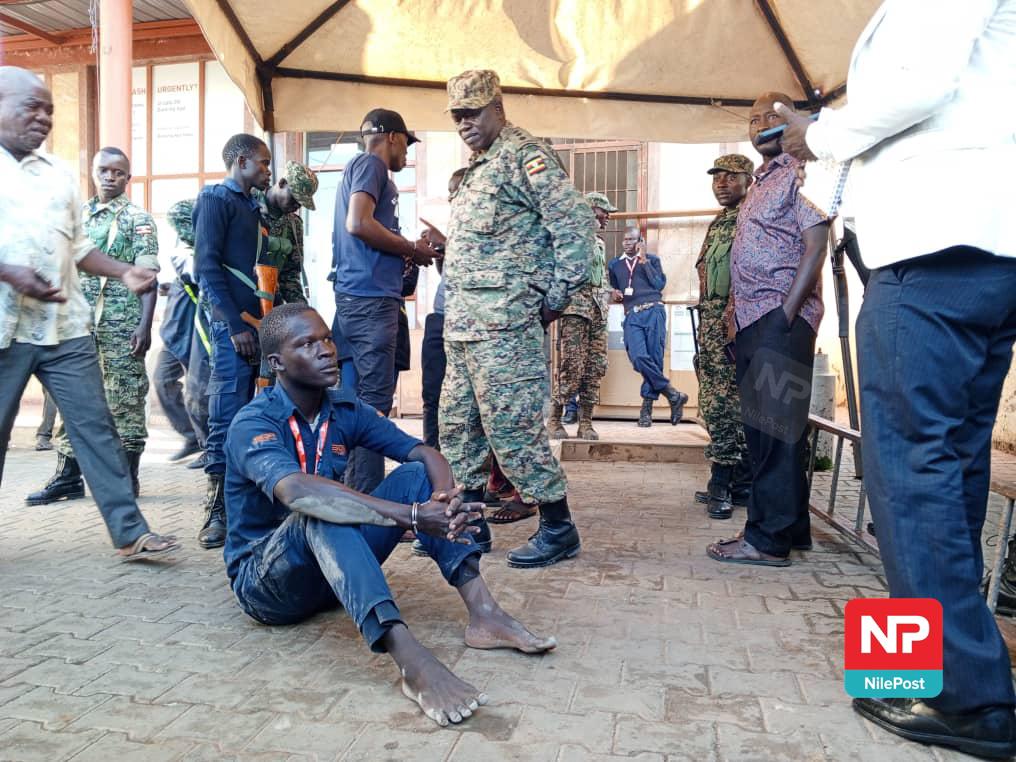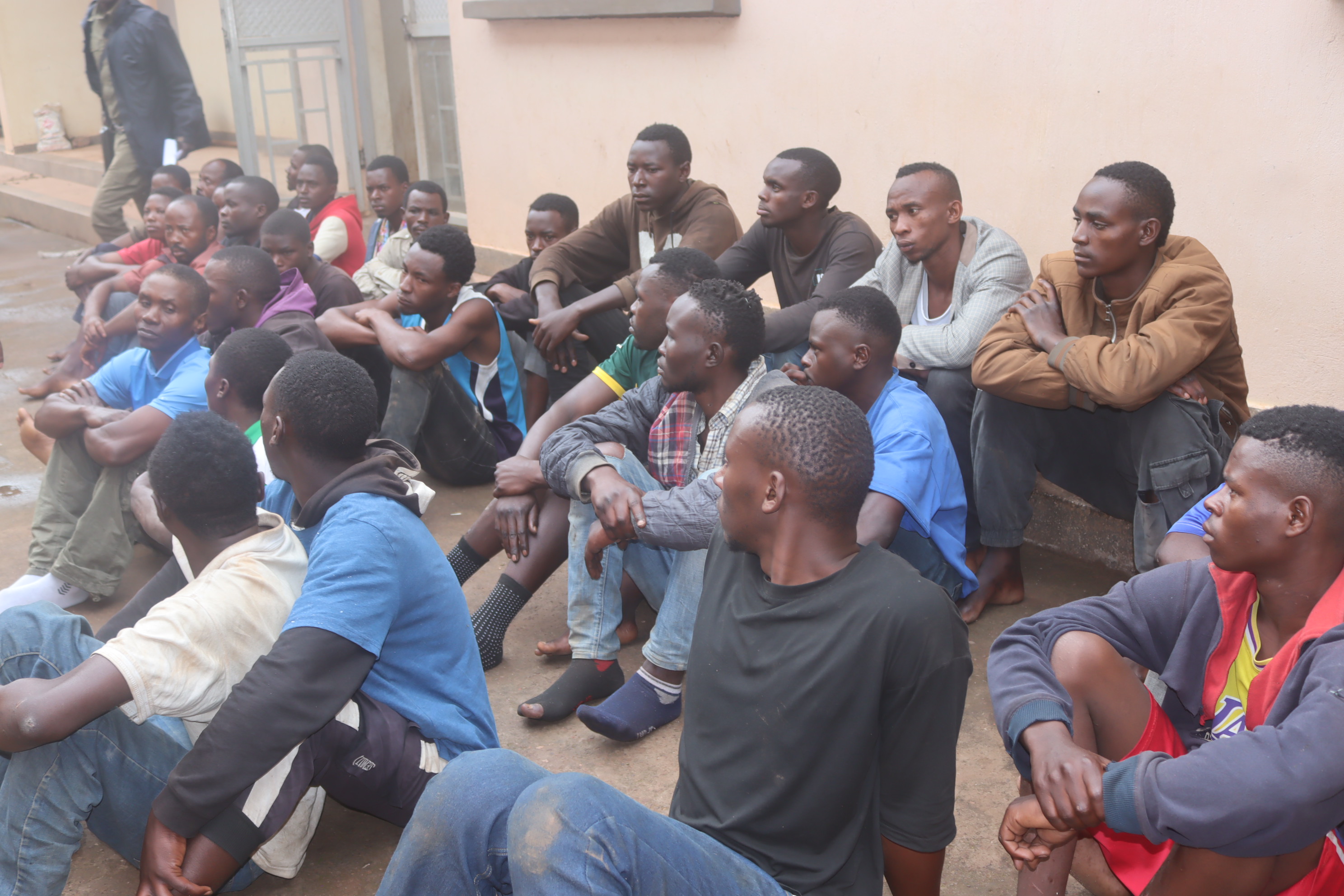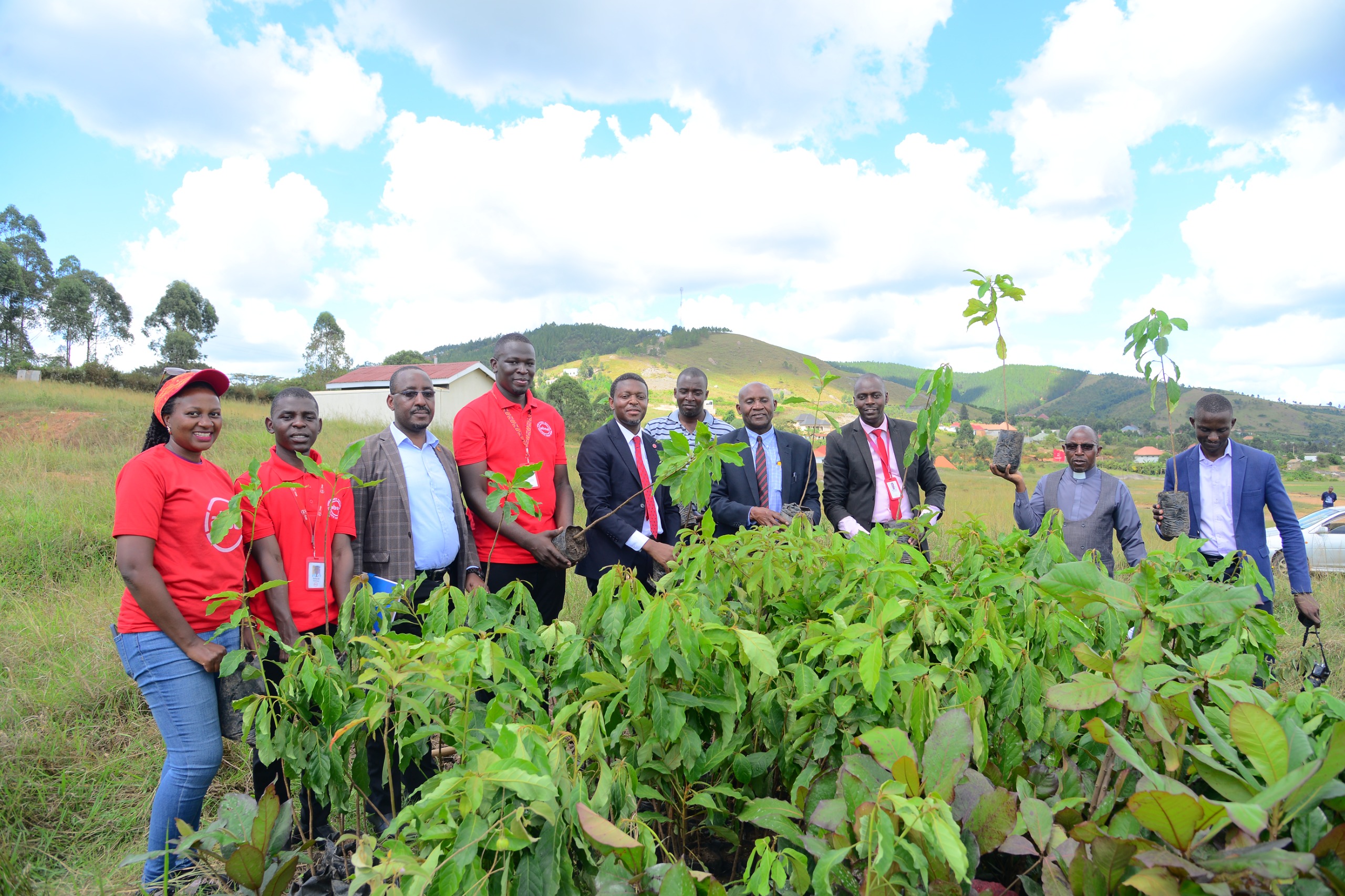Opinion: Power shifted from monarchies to political parties
Sam Mayanja
At the occasion of his 27th Coronation anniversary, the Head of the Buganda Cultural Institution lamented the lack of power to help his people in the absence of Federo, contradicting the Constitutional Order which confers power to the people through multiparty system.
This power is exercised at the levels of President, members of Parliament, and Local Government Councils.
The cultural leaders’ lamentation was in reality a cry for power which has been leaving the throne (Namulondo) to the people through political parties.
First it was the Bataka Party which in the early 1920’s advocated for the revision of the land settlement of 1900 in Buganda, which had dispossessed peasants and clan leaders.
Then there was the Uganda African Motor Drivers Association, formed in the 1930’s which articulated African grievances. There was eventually the Uganda African Farmers Union formed in 1947 to protest the colonial Government’s policies which excluded Ugandans from the processing and marketing of cash crops.
These three political organisations gave birth in 1952 to the Uganda National Congress from which merged the Uganda People’s Congress which assumed the executive power on independence.
Elsewhere in Africa the trend of power from thrones to political parties was even more pronounced in Ghana with the rise of nationalism and pan-Africanism, of which Kwame Nkrumah was the symbol.
This trend was pointing in one direction, namely that, there would soon be no monarchies in Africa. The wind of change blowing from Kwame Nkrumah’s “veranda boys”, would ensure that power was irreversibly moving from the thrones to Political Parties.
As that wind was blowing, two kings who were living in exile in the UK; namely Mr. Khama of Botswana and Edward Mutesa of Uganda agreed that thrones had no future.
Back in Botswana Khama forgot about monarchism and found a modern nationalist political party-the Bechuanaland Democratic Party, which contested and won the general elections held in March 1965.
Khama emerged as the country’s first Prime Minister of independent Botswana. His Party continues to preside over regular elections and is still the party in power.
On the other hand, when Mutesa returned to Uganda, he followed a path different from that of Khama. He got himself cocooned in the Mengo Oligarchy which fed him on rumours as to who loved the Kingdom and who didn’t.
The scheme of things became, seceding from the rest of the country, getting rid of political parties, and establishing an authoritarian monarch, where all positions are by appointment and accountability absurd (enkuluze tetunulwamu).
Edward Mutesa became unrealistic, and totally out of touch with Uganda’s and Africa’s modern political thinking. He failed to see power moving from the throne to political parties.
When it became clear that colonists would only handle over power at independence to a political party, there was panic in the Mengo camp at becoming irrelevant.
Edward Mutesa and his Mengo oligarchy tried the magic trick of dialling and zipping at the same time (that is being a political party and a monarch simultaneously!).
The Kabaka Yekka (King only) Party which Mengo registered harried-nine months to independence, had for its flag the colours of yellow and white- colours of the Buganda Government, and for its symbol, had the portrait of Mutesa. In the lukiiko elections of 1962 Kabaka Yekka (KY), substituted the portrait of Mutesa with a chair, symbolising the Buganda throne, as its symbol.
Armed with the Buganda monarch symbols, KY unlashed unprecedented violence on supporters of other political parties denouncing them as traitors, seeking to diminish the powers of the Kabaka. They were socially ostracised as abanamawanga (foreigners) - traitors against Kabaka.
Their coffee and banana plantations were cut down, animals slaughtered, houses burnt. The spectacle in Mubende District of a baby suckling on the breasts of the mother hacked to death by the KY hooligans spoke volumes.
No political party in the history of Uganda unleashed so much violence on its own people as did the KY-monarch-party.
Kabaka Mutesa out of touch with the political realities, had missed the point that despite his throne-cum, political party alliance, executive authority was in the hands of the leader of the political party in power who was the Prime Minister Obote and not Edward Mutesa who was President by virtue of the throne.
The 1966 attempt by the monarch to capture power through means other than political party, ended in a tragic demise of the Buganda Kingdom tracing its origin in the medieval.
Thus the 1966 revolution which successfully repulsed that attempted coup was, an end to the pretence of the rule through the throne and the beginning of the power of the people to be governed through their will and consent as organised under political party system, through the administrative units in accordance with the constitution.
In this scheme of things a culture/traditional leader’s Federo talk, is a wakeup call for constant watch for any trend that tend to rehabilitate the discredited and dethroned Federo.
The author is a senior partner, Kampala Associated Advocates



